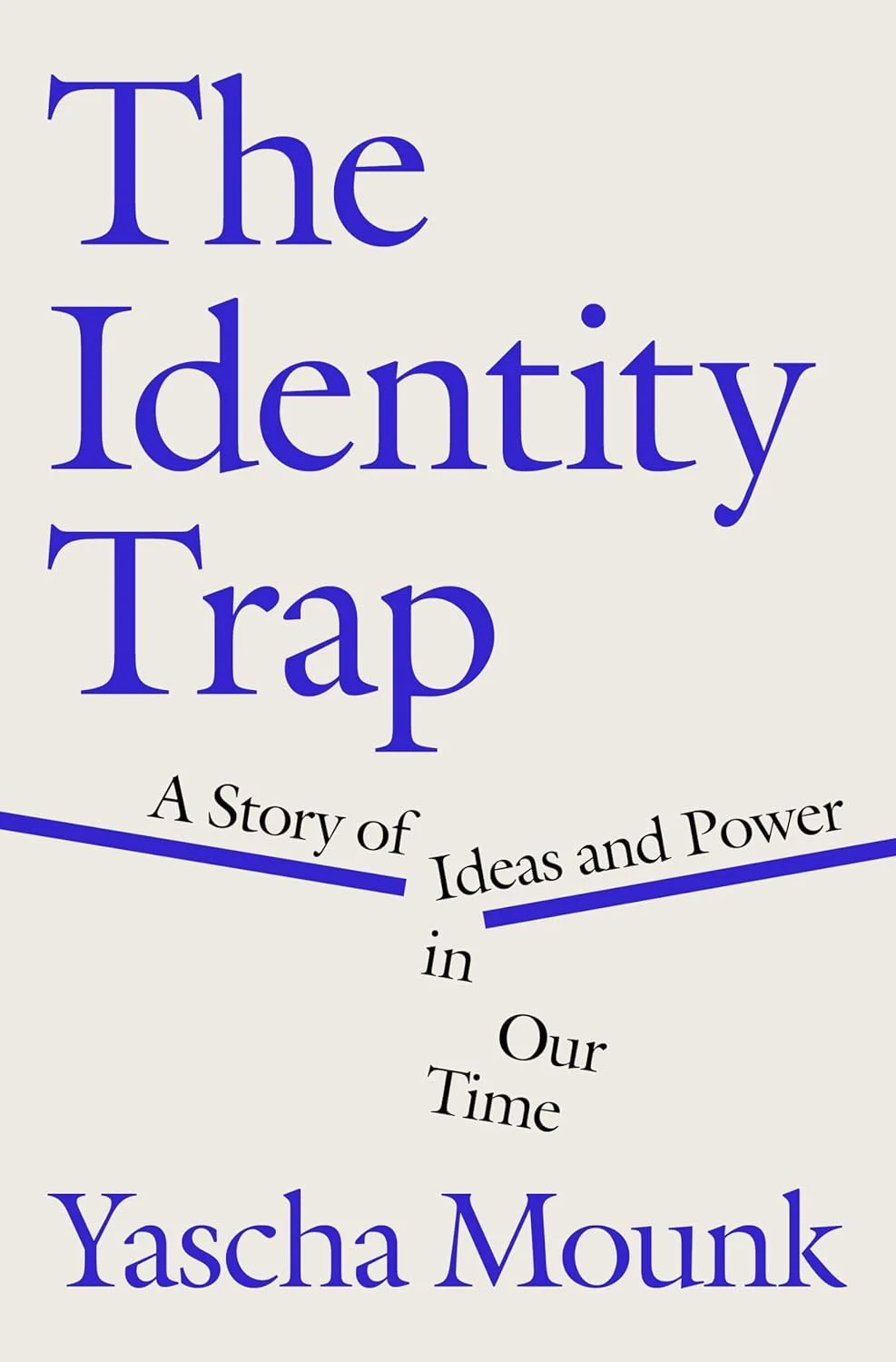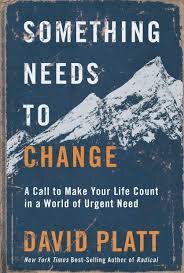Hacker’s book, The Great Risk Shift: The New Economic Insecurity and the Decline of the American Dream, is meant to show that injustice perpetrated by Republicans and other economic and social conservatives that tend to lean that direction (particularly given the options) is keeping the little guy down. The nation has seen continued attacks on the policies of redistribution imposed by FDR’s New Deal and LBJ’s Great Society movements. Defined benefit corporate pensions have been replaced by 401k plans, which force individuals to take responsibility for their own saving.
In The Great Risk Shift, Hacker presents a declinist narrative with a call to make America great again by expanding government programs, moving back toward pensions in corporate jobs, and generally trying to spread out risk to the entire nation. He begins by painting an apocalyptic picture of economic insecurity, focusing particularly on the financial crisis of the last decade. That shows, according to Hacker, how precarious life must be. In the second chapter he puts a line in the sand between those who feel that there should be a measure of accountability in risky decisions to those who believe risk should be shared equally. In the remaining four content chapters Hacker presents some data that illustrates his point about the risk to jobs, families, retirement, and due to the rising costs of health care based on a refusal to nationalize all risk. He concludes the book by a call to create new government programs, expand the ones we have nearly indefinitely, increases taxes dramatically, and hopefully get a robust economy that makes everyone reasonably wealthy simultaneously.
Hacker teaches at Yale, so he likely has done careful, well-reasoned scholarship to ascend to that level. This book is not that, but is a call to action intended to mobilize the already outraged. The argument, such as it is, in The Great Risk Shift is likely to galvanize the convinced, but has little power to convince those (like me, for example) who might agree with a number of his premises, but want an approach that takes reality into account. After the first couple of chapters, the book is a tedious tirade that is likely to ensure Hacker gets to speak on cable news, but does little to expand the range of human knowledge.
At the same time, Hacker has some worthwhile observations. There has been a significant shift in the last few decades toward a more individualized burden of risk. The shift away from the life-long, supposedly guaranteed, defined benefit corporate pension has changed the landscape of employment. To Hacker’s mind, that has been entirely to the negative. This example is perhaps the best way to show the major flaws in Hacker’s argument.
Based on Hacker’s argument, corporate pensions have been replaced by the 401k. That is entirely bad because fewer people have access to permanent security that gets funded on their behalf. All people had to do back in the good old days of pensions (when America was great?) is work at the same job for a few decades and, if they made it to 20, 30, 35 years, or whatever, they would walk away with a gold watch and a steady stream of replacement income for life.
Missing from Hacker’s account, however, is that when you get a jerk boss and you are five years from retirement, you are now forced to sit and take it or lose your permanent financial security. Also missing from the rosy story is that if both spouses work (something he laments and celebrates at the same time) and one gets the opportunity for a relocation, you now have a much bigger decision to make. Finally, Hacker ignores the accounts of the pension plans that have gone bankrupt or been significantly reduced because they were underfunded (in part due to changing assumptions for longevity, but also due to bad actuarial assumptions). In Hacker’s paradise, the risk seems reduced, but it merely makes the fall so much more stunning when the collapse cuts your supposedly guaranteed pension in half.
We can have a meaningful debate about the duties of a company (which may not exist by the time you retire) to permanently fund your future life, but the data to have that debate is missing from this book. Additionally, Hacker ignores the real benefits of individual retirement accounts, because of the mobility they provide. As someone who has changed careers several times, I appreciate having a retirement account that follows me rather than having wasted those years of accrued service.
For Hacker, people like me are waging a war against the rights of the poor to be protected because we see the benefits of portable retirement accounts, the ability to purchase insurance plans that cover the most likely risks for me and my family, and who see the benefit in allowing workers at all levels to keep more of their earnings. There are certainly those among fiscal conservatives who embody a more Randian individualism and think all risk should be individual. However, there are others (like myself) who think there is a place for pooling of risk, but that it need not be at the level envisioned by communism, democratic socialism, or lighter variations like those proposed in the so-called Great Society, New Deal, or the (not very green) Green New Deal.
What Hacker and others that urge greater government intrusion in life through more expansive redistribution programs is that a reduction in risk is typically coupled with a significant loss of potential. So, for example, a minimum of 15% of my lifetime earnings have already been assigned to the government’s preferred vision of a retirement plan through social security and FICA taxes (both my share and that deducted before my salary is offered by the company). If 15% of my productivity isn’t enough to satisfy Hacker, then how much of the reward of my labor should be dedicated to satisfying his need to avoid economic difficulty? Is 50% enough, or 75%? Or, should we shift to simply pooling our goods and then distributing the results according to government’s needs? Never mind that the progressive tax system already discourages me from being more productive because having the top end of my wages reduced by 50% through various state and federal taxes makes it not worth earning more. (Never mind the realization that for the first $388k a person earns, they make out like a bandit from Social security, but it becomes a rip off after that point.)
All of this is to say that a safety net a real need, especially in an industrial economy that draws people away from their families and has, as a discernable downside, the disruption of lifelong communities. However, some thought might go into being more efficient with the large portion of people’s wealth that is already taken for redistribution and reducing risk before we plan on taking a bigger chunk of the available resources to use according to the planners’ desires. Additionally, if books on important topics like The Great Risk Shift are to be taken seriously, then they ought to consider the existence of real arguments against their positions and the fact that there is no proposed solution that does not have obvious and likely downsides.





















God of All Things thus deepens our experience of the world as we study and live. Its short chapters and engaging prose are suitable for a wide audience. The many connections with real, physical object lessons have deepened my appreciation of God’s efforts to ensure that the message of his greatness is available for all.